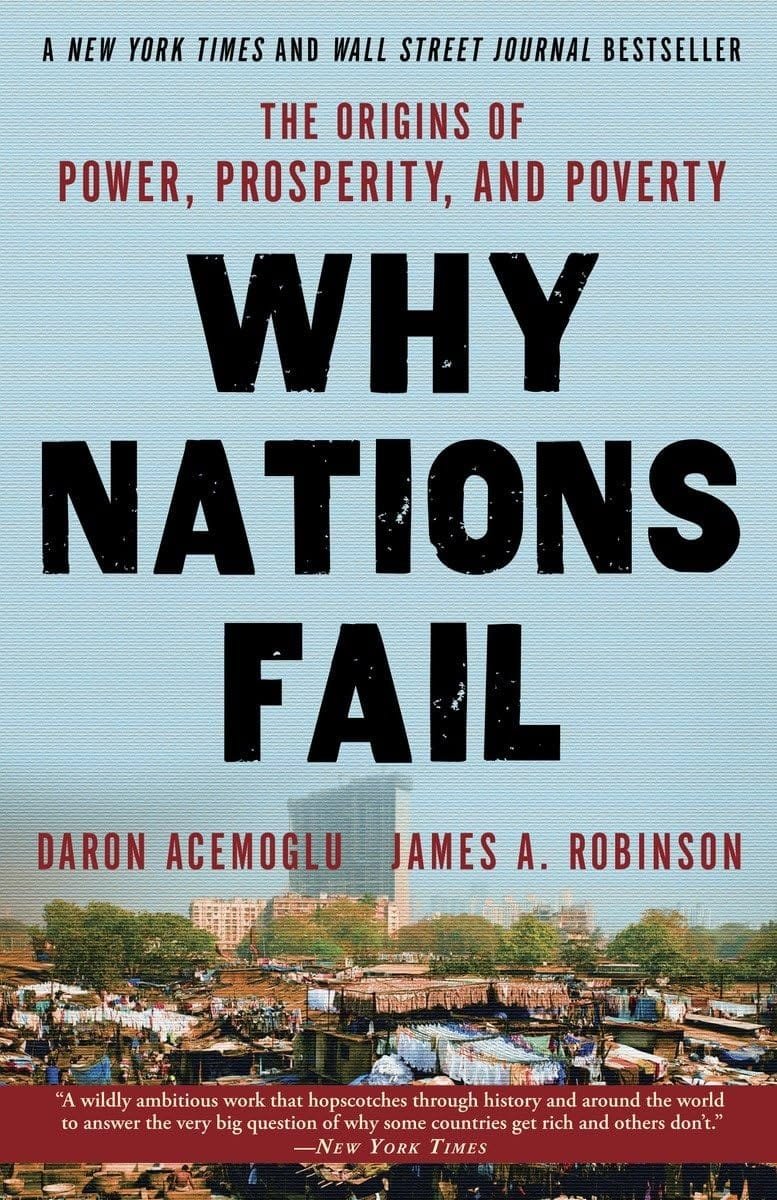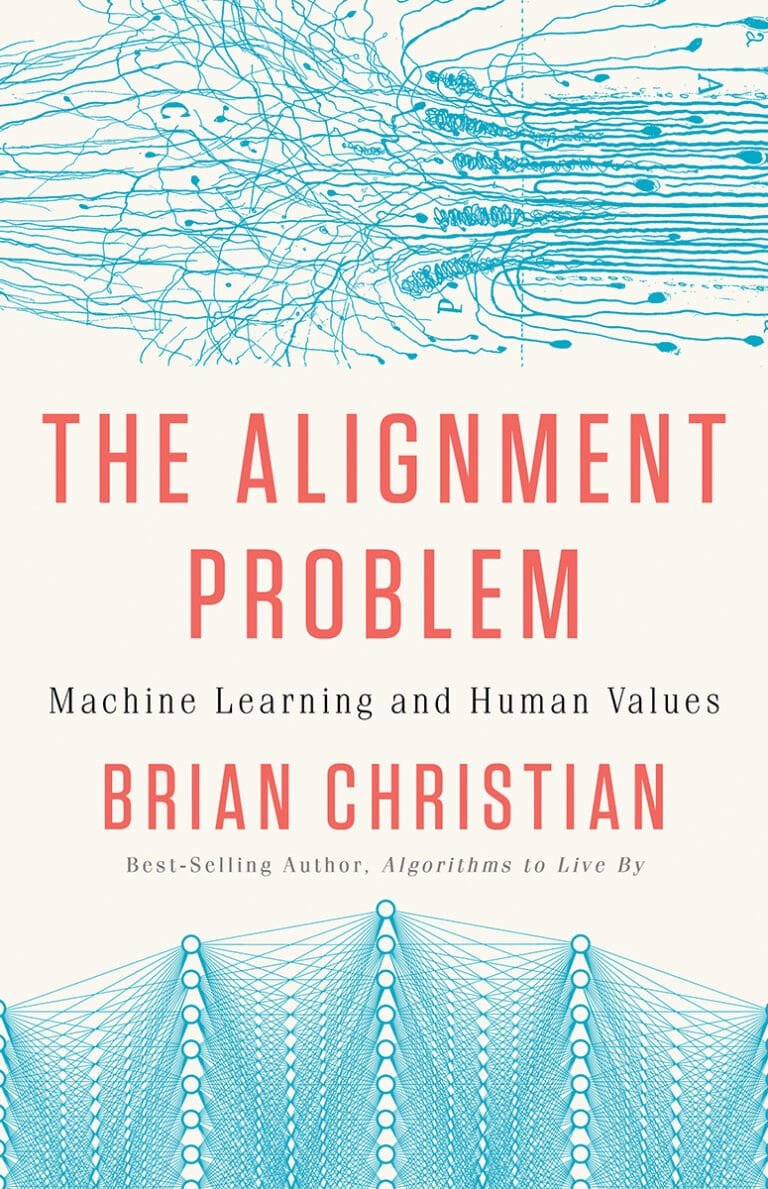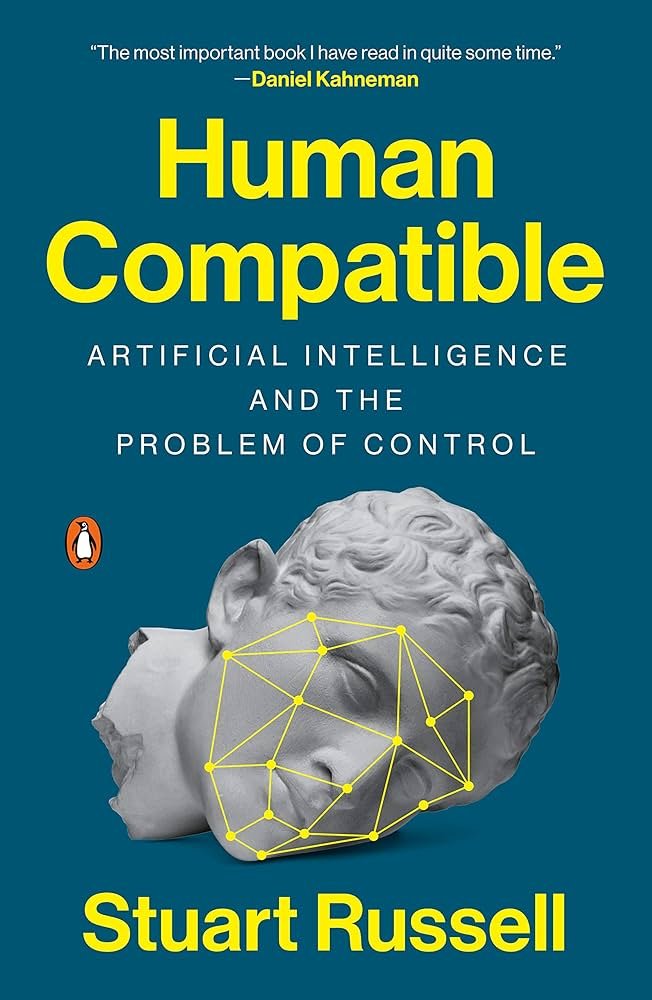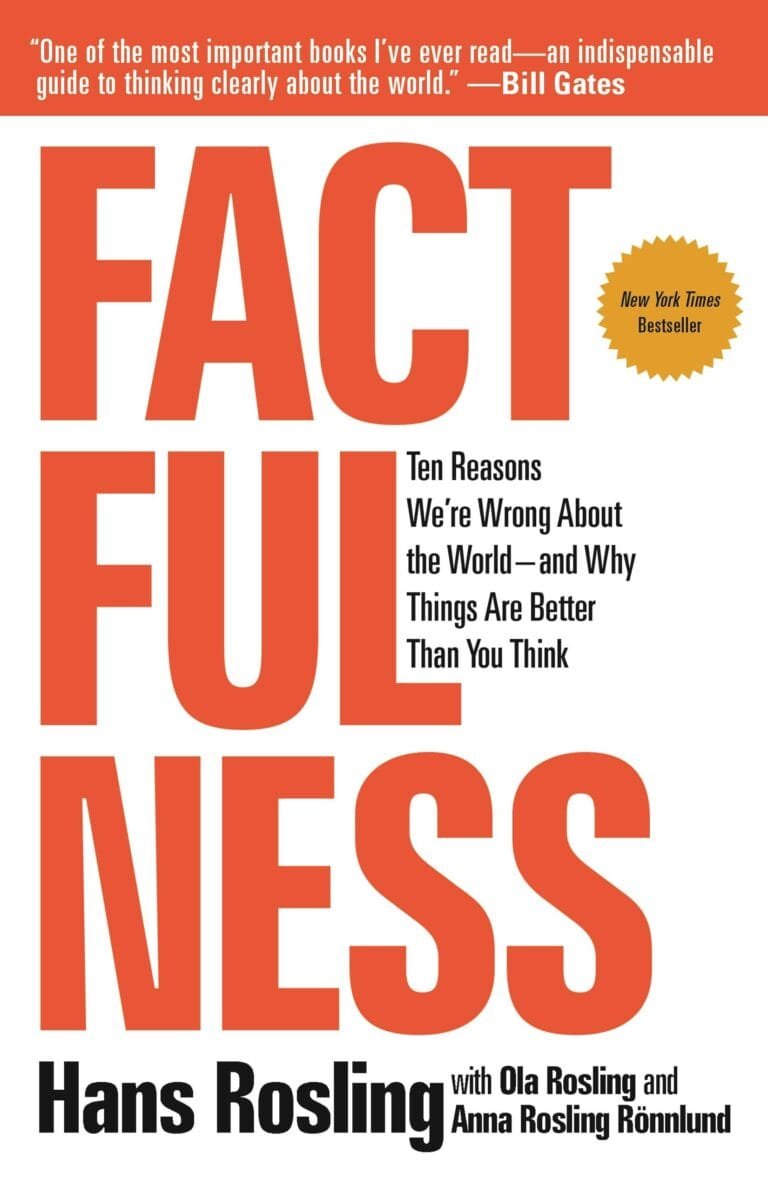Why Nations Fail (Daron Acemoglu and James A. Robinson) – Book Summary, Notes & Highlights

🚀 The Book in 3 Sentences
- A nation’s economic success depends primarily on its political and economic institutions, not culture, geography, or ignorance
- Inclusive institutions foster economic prosperity, while extractive institutions lead to poverty and stagnation
- Sustainable economic growth requires both inclusive political and economic institutions working in tandem
🎨 First Impressions
Having spent considerable time analysing political economy at Cambridge, I found “Why Nations Fail” to be a masterful synthesis of historical analysis and economic theory. Truly a magnum opus developed through decades of diligent work. The book’s central thesis about inclusive institutions resonates deeply with contemporary developmental economics discourse.
What particularly struck me was how Acemoglu and Robinson challenge traditional narratives about development. Through meticulously researched case studies – from the Roman Empire to modern-day North Korea – they construct a compelling argument about the primacy of institutions in determining national prosperity. Let’s dive in and learn about why both these guys are not just Nobel prize winners but also why they are the most referenced in the entire field of economics.
🥰 Who Should Read It?
- Policy makers and government officials seeking to understand institutional reform
- Economics and political science students looking for a comprehensive framework of development
- Business professionals interested in emerging markets and international development
- Anyone curious about why some countries prosper while others remain poor
💡 Key Insights and Analysis
The Power of Institutions
In their seminal work, Acemoglu and Robinson present compelling evidence that institutions – not geography, culture, or natural resources – determine a nation’s economic trajectory. Drawing from research published in the Quarterly Journal of Economics (Acemoglu et al., 2001), they demonstrate how colonial institutions continue to influence modern economic outcomes.
Critical Examples That Changed My Perspective
- Nogales Case Study: The stark contrast between Nogales, Arizona (USA) and Nogales, Sonora (Mexico) perfectly illustrates how institutions, not geography or culture, create prosperity
- South vs North Korea: Perhaps the most compelling natural experiment in institutional economics, showing how identical cultures and geography can lead to drastically different outcomes under different institutional frameworks
- Botswana’s Success: A brilliant counter-example to the “resource curse” narrative, demonstrating how inclusive institutions can manage natural resources effectively
📈 Practical Applications
The book’s insights are particularly relevant for:
- Understanding emerging market investments
- Analysing political risk in international business
- Developing institutional reform strategies
- Evaluating long-term economic prospects of nations
🤓 Academic Context
The authors build upon significant scholarly work in institutional economics, including:
- North’s work on institutional change (North, 1990)
- Olson’s analysis of collective action (Olson, 1965)
- La Porta et al.’s legal origins theory (1998)
🌟 Why This Book Matters in 2024
With rising global inequality and increasing debates about democratic institutions, “Why Nations Fail” provides crucial insights for understanding contemporary challenges. The framework is particularly relevant for analyzing:
- Post-pandemic economic recovery
- Digital transformation of governance
- Climate change adaptation strategies
- Emerging market development
📚 Related Reading
- “The Narrow Corridor” (Acemoglu & Robinson, 2019)
- “Prosperity and Violence” (Bates, 2001)
- “Development as Freedom” (Sen, 1999)
🔍 Verdict and Rating
Rating: 9.5/10
“Why Nations Fail” stands as a cornerstone text in development economics. Its rigorous analysis and accessible presentation make it invaluable for both academic and general audiences.
Get “Why Nations Fail” on Amazon – Currently available with special pricing for the 2024 updated edition.
😊
What are you waiting for?
📝 References
Acemoglu, D., Johnson, S., & Robinson, J. A. (2001). The Colonial Origins of Comparative Development: An Empirical Investigation. The American Economic Review, 91(5), 1369-1401.
North, D. C. (1990). Institutions, Institutional Change and Economic Performance. Cambridge University Press.
Olson, M. (1965). The Logic of Collective Action: Public Goods and the Theory of Groups. Harvard University Press.
La Porta, R., Lopez-de-Silanes, F., Shleifer, A., & Vishny, R. W. (1998). Law and Finance. Journal of Political Economy, 106(6), 1113-1155.
Note: This post contains affiliate links. If you purchase through these links, I earn a small commission at no additional cost to you. This helps support the blog and allows me to continue creating in-depth analyses.
📚 Further Reading
For those interested in exploring more articles, consider:
- “Superintelligence” – Nick Bostrom – it’s one of my all-time favourite books
- 7 Essential Books on AI – by the pioneers at the forefront of AI
- Ethical Implications of AI in Warfare and Defence – very interesting read
Avi is an International Relations scholar with expertise in science, technology and global policy. Member of the University of Cambridge, Avi’s knowledge spans key areas such as AI policy, international law, and the intersection of technology with global affairs. He has contributed to several conferences and research projects.
Avi is passionate about exploring new cultures and technological advancements, sharing his insights through detailed articles, reviews, and research. His content helps readers stay informed, make smarter decisions, and find inspiration for their own journeys.







